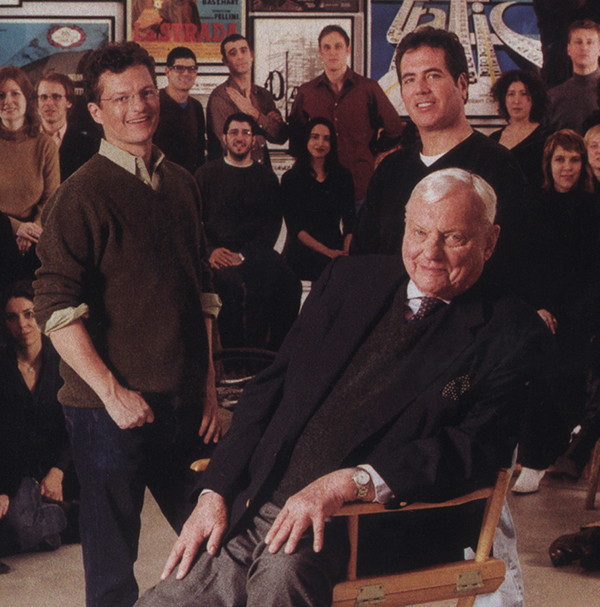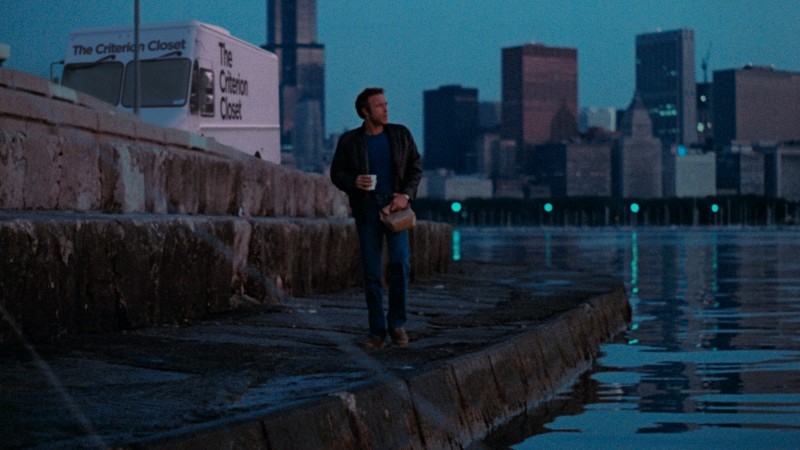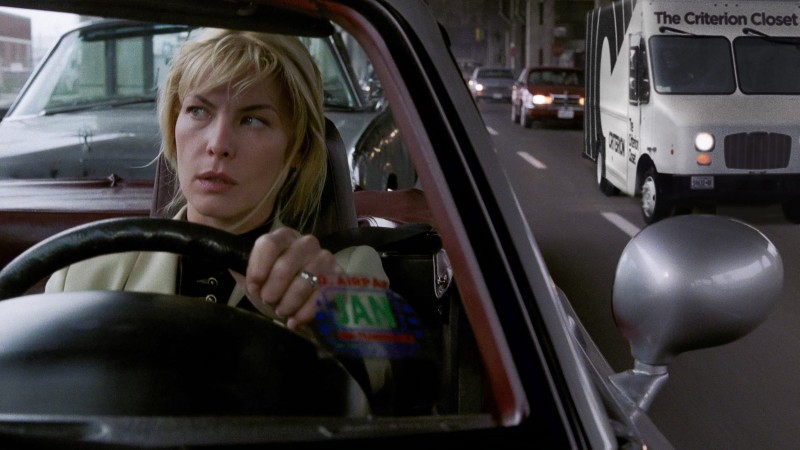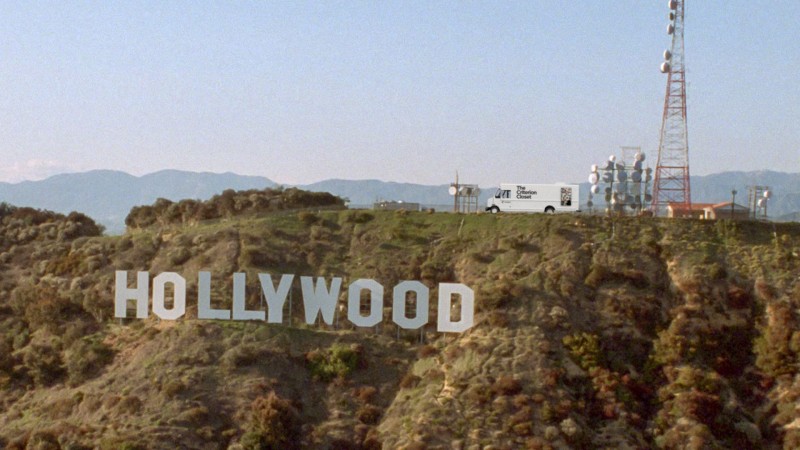Commemorating William Becker at the New York Film Critics Circle Awards

Earlier this week, the New York Film Critics Circle held its annual awards dinner in Manhattan. This year, our late, beloved cofounder William Becker was honored with a special posthumous award commemorating him and Janus Films. At the gala on Monday night, his son, Criterion president Peter Becker, accepted the award on his behalf. His remarks are reproduced below.
It’s a privilege to be accepting this award, and on behalf of my father and his whole family—my mother, brother, and sister, all of whom are here tonight—my partner Jonathan Turell, and all of us at the Criterion Collection and Janus Films, I’d like to thank the Film Critics Circle for this very thoughtful honor.
My father had a great admiration for critics, being a born critic himself. He was a voracious reader and researcher, and he prided himself on being able to spot things of quality. When I was a boy he gave me a copy of Thomas Wolfe’s Look Homeward, Angel to read, and there in the back, in his twelve-year-old’s handwriting, was a lengthy note extolling the virtues of what he then thought might be the greatest novel ever written. But like all good critics, he had the sense to go back and revisit things, to test his opinions—and right below the first note, there was a second, this one written at the ripe old age of fourteen, saying that the excesses of his prior commentary ought to be ascribed in part to the enthusiasms of youth.
He didn’t admire all critics, to be sure, and he was quick to call out what he thought was pure unmitigated horseshit being peddled by a prize-A number-one asshole—his words, not mine, but he was not afraid to use them in public. He saw criticism in the broadest terms as the shared project of great minds from Samuel Johnson to Henri Bergson and Edmund Wilson to his own friend and mentor Eric Bentley. He held the profession in such esteem that after finishing a Rhodes Scholarship in the 1950s he chose to become a critic himself, writing on theater for the Hudson Review, which at the time was a real nexus for postwar intellectuals.
He honed his business skills as the right-hand man—part deal-maker, part dramaturge—of the real-estate magnate and theater producer Roger Stevens, but it was not until the mid-1960s that he turned his attention to film. Looking for a film venture to acquire, he met Saul Turell; together they bought Janus Films from a pair of Dad’s old Harvard chums, and the two formed a partnership that would last twenty years, until Saul passed away in 1986, and continued for another thirty years with Saul’s son Jonathan, who remains my partner today. To the degree that this award is being given to the Janus legacy, it is a tribute to the values of trust, loyalty, and hardheaded argument that has kept the Becker-Turell partnership alive through six decades and two generations.
If Saul and Dad had a game-changing idea, it was to focus not on new releases, but on the classics of cinema that by 1965 were already falling into obscurity. They chose to treat movies not just as disposable contemporary popular entertainment but as a legitimate art form whose masterworks were as worthy of revisiting as the great works of any other art form. The new venture brought all my father’s disparate talents to bear, from his critical faculties to his collector’s sensibility, his penchant for scholarly research to his talents at deal-making.
Once again the importance of critics comes into play, because if it were not for those intrepid writers who took cinema seriously, building the Janus library would have been nearly impossible. We should remember that in the days before home video, before IMDb and Rotten Tomatoes, it was hard to learn about great films and harder still to see them. My father read voraciously, lined his shelves with countless volumes on every aspect of movies—haunting bookstalls in London and Paris and Rome, seeking criticism, film scripts, old copies of L’Avant-Scène Cinéma with its shot-by-shot reproductions of entire films, anything that might give him a hint of some gem to discover. He filled notebook after notebook with leads, and he was never happier than when in hot pursuit of a film he wanted for the Janus catalog.
Right up to the end of his life, my father kept a file on his computer called “What to Chase?” Year after year some films would get checked off the list and new ones would be added, but no film eluded him longer or inspired more passion in him than Orson Welles’s late-in-life masterpiece, Chimes at Midnight. So I think it is fitting that tonight as we honor his memory, Chimes at Midnight is back up on-screen at Film Forum, playing to sold-out crowds in a new restoration courtesy of Janus Films. The legacy of Janus is alive and vibrant, and that, along with this honor, would have made him a very happy man tonight.
Thank you.



